Re: Economics is not hard - Part I: Donít let professional economists tell you otherwise
Oh, sure glad that "now and then" I can disagree. Not so sure I'm good at doing so "gently" although I agree I should do so without being unusually insulting or derogatory.
I'm pretty sure these "inflation/deflation issues" are never going to be resolved as time perpetually marches on and people will always disagree. In addition this is one of the defining questions of this entire website... even EJ continually (for years now) has been discussing and refining this point. To ask me or anyone to set the issue aside, is to ask us to set the site aside!
It seems to me the whole point of this website is to have these back and forth discussions. I hope the point of the site is not to just have a love-fest for EJ and Ka-Poom without serious conflicting vigorous discourse.
Originally posted by ThePythonicCow
View Post
I'm pretty sure these "inflation/deflation issues" are never going to be resolved as time perpetually marches on and people will always disagree. In addition this is one of the defining questions of this entire website... even EJ continually (for years now) has been discussing and refining this point. To ask me or anyone to set the issue aside, is to ask us to set the site aside!
It seems to me the whole point of this website is to have these back and forth discussions. I hope the point of the site is not to just have a love-fest for EJ and Ka-Poom without serious conflicting vigorous discourse.


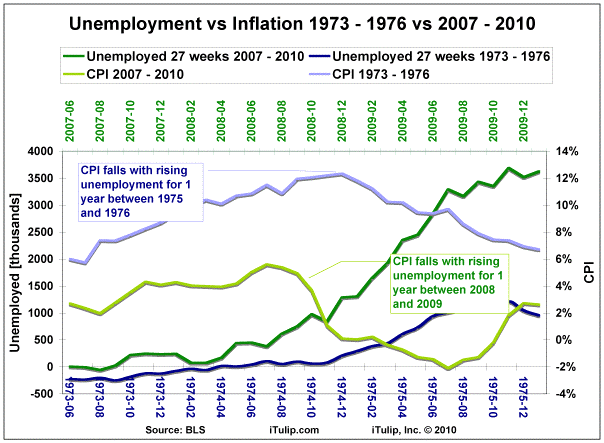
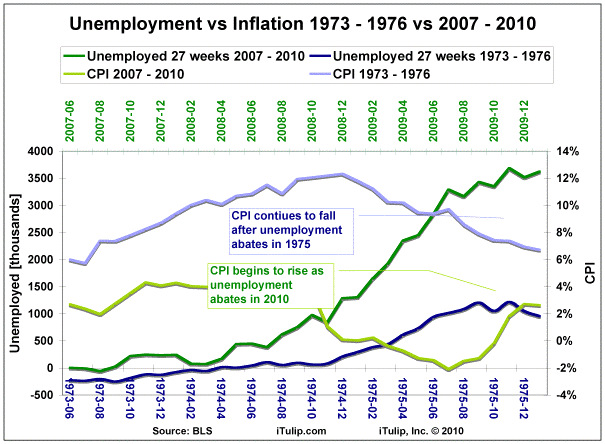
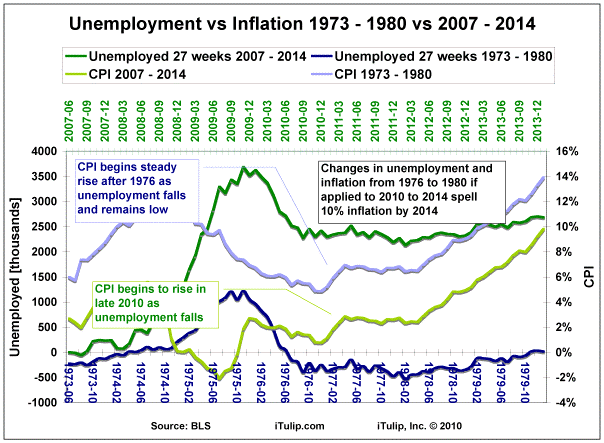
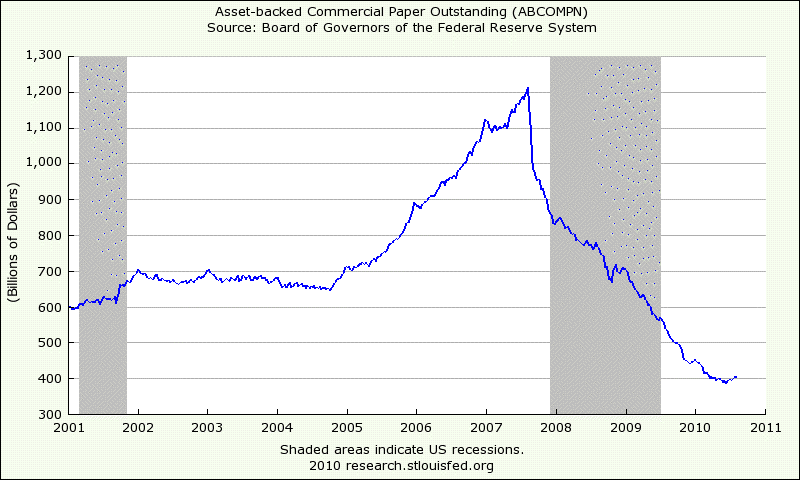
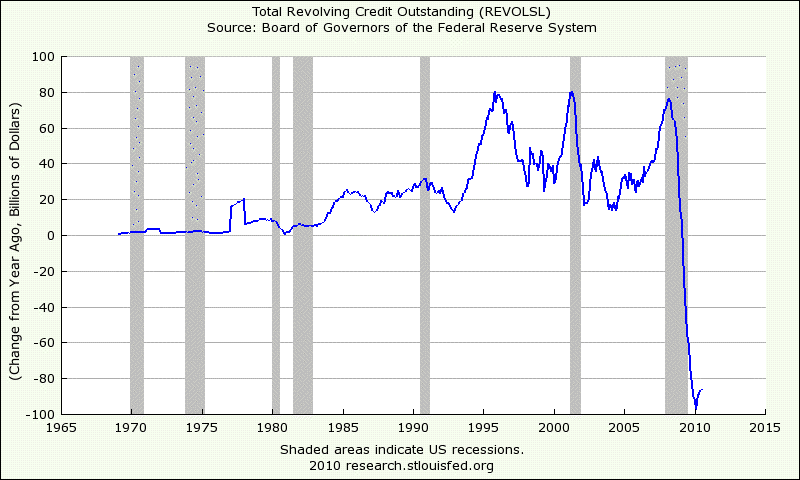
Comment